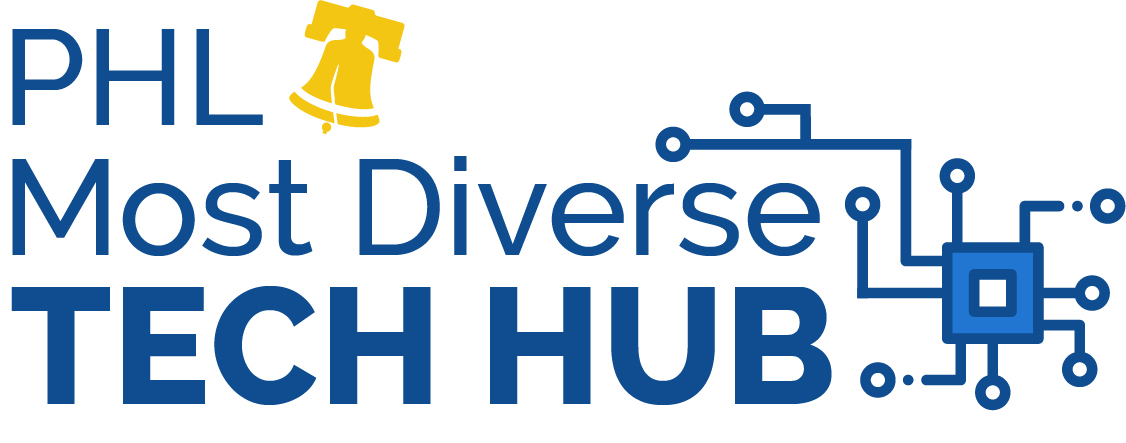Companies are increasingly hosting tech apprenticeships as a way to educate future software developers and shape new recruits who understand their technology.
From the apprentice point of view, such arrangements can be a pathway toward a high-paying job that not only doesn’t come with tuition costs, but offers an entry-level paycheck that is more than many people make in full-time jobs outside of the program.
Jerelyn Rodriguez, cofounder and CEO of the Bronx-based job training nonprofit The Knowledge House, talked about the apprenticeship programs her team runs and the impact they have on low-income communities in September’s Most Diverse Tech Hub webinar.
“Something that is very important about the population that we serve is that an applicant has an average income of $14,000, and then after they leave the Knowledge House and get their first job, the average starting salary is $90K,” she said. “So we’re really really excited about tripling or quadrupling someone’s income.”
For The Knowledge House’s high school students, three out of four decide to study STEM in college. For the job-training class of 2021, 80% of secured their first job in tech, up from its previous average of 75%.
What’s working, and how can other companies model that success?
‘Learn and earn’ apprenticeship models
The core model that The Knowledge House and other organizations use is called simply “learn and earn” — meaning the apprentices earn pay while learning how to do a certain job. It can work for various age groups beyond traditional apprenticeship programs, she said, including internships and career-connected learning for youth.
“A lot of organizations and government agencies use on-the-job training, especially if they are referring to a job seeker that is getting paid to get a certification or a license,” Rodriguez said. “Work-based learning is inclusive of all of these types of models. Not only does that make career exposure equitable — especially for low-income youth that need to work while they’re in high school — but it allows them to explore different industries and occupations as they determine what their path is going to be after high school, whether it’s college, study X, Y and Z major, go to trade school or go to the military, etc.”
Rodriguez pulled screen grab of a real listing on the Department of Labor’s apprenticeship site for a data analyst role. The pay for that full time apprentice is $35,000 to $40,000 a year. That’s significantly less than they can expect when they are a full-time employee in the industry, but well above the poverty level for a family of four. And it’s earned while developing data analyst skills over a period that can span from a couple of months to a couple of years.
A good paid summer internship can pay about the same amount of money, but have many more restrictions: Some summer internship programs are only open to college students studying certain majors with a certain grade point average, while apprenticeships tend to be open to people who are not college students and don’t have a college degree.
Which companies are using tech apprenticeship programs?
Most any tech company or company with technology departments can bring on apprenticeship programming. Some of the companies cited by Rodriguez include:
- Snapchat, which has what it calls the Snap Lens Academy through which it recruits college students or students from programs like The Knowledge House and enrolls them in a summer on-the-job training program where students learn about Snap technologies, AR, VR and coding. Only a small percentage of the participants of this project-based opportunity get to work at Snapchat, but all leave with a work portfolio, a big tech name on their resume and extra skills.
- Fitness tech company ClassPass has a six-month apprenticeship program that gave The Knowledge House one of its big success stories when one of its students ended up as a full-time software engineer with the company.
- Google has an online apprenticeship that uses Coursera to provide CERT training, a kind of partnership that is becoming increasingly common.
“Securing an apprenticeship role at a brand-name company opens doors for you even if you don’t end up working there full time,” Rodriguez said. “Apprenticeships are also, in my opinion, one of the most meaningful career exploration opportunities because it is linking talent to employers, and that’s a challenge that a lot of nonprofit workforce development agencies and schools have when they are trying to teach these careers. They want feedback from employers. They want to learn engagement, and the apprenticeships make that happen.”
Keep in mind that apprentices will learn the most when they’re paired with internal mentors to guide their learning.
And company leaders, note: Apprenticeships should not be seen as opportunities to save money by not hiring college graduates, the speaker emphasized — nor should they be used as a way to add superficial diversity by taking on apprentices of color when you have no intention of actually doing any hiring from it and paying a full-time employee wage.
“I do think this is an equity issue,” she said. “My call to action to employers is make sure that apprentices are making the same as entry-level talent that is coming from college, because, at the end of the day, apprenticeship opportunities are supposed to be equitable.”
Watch the full webinar here:

This article appears as part of the Most Diverse Tech Hub initiative and is underwritten by the City of Philadelphia Department of Commerce. It was independently reported and not reviewed by this partner before publication.
Before you go...
Please consider supporting Technical.ly to keep our independent journalism strong. Unlike most business-focused media outlets, we don’t have a paywall. Instead, we count on your personal and organizational support.
Join our growing Slack community
Join 5,000 tech professionals and entrepreneurs in our community Slack today!

Entrepreneurship is changing, and so is the economic development behind it

Tech Hubs’ new $210M funding leaves Baltimore and Philly off the table

Here’s what to know before using AI to craft your brand’s social media posts


